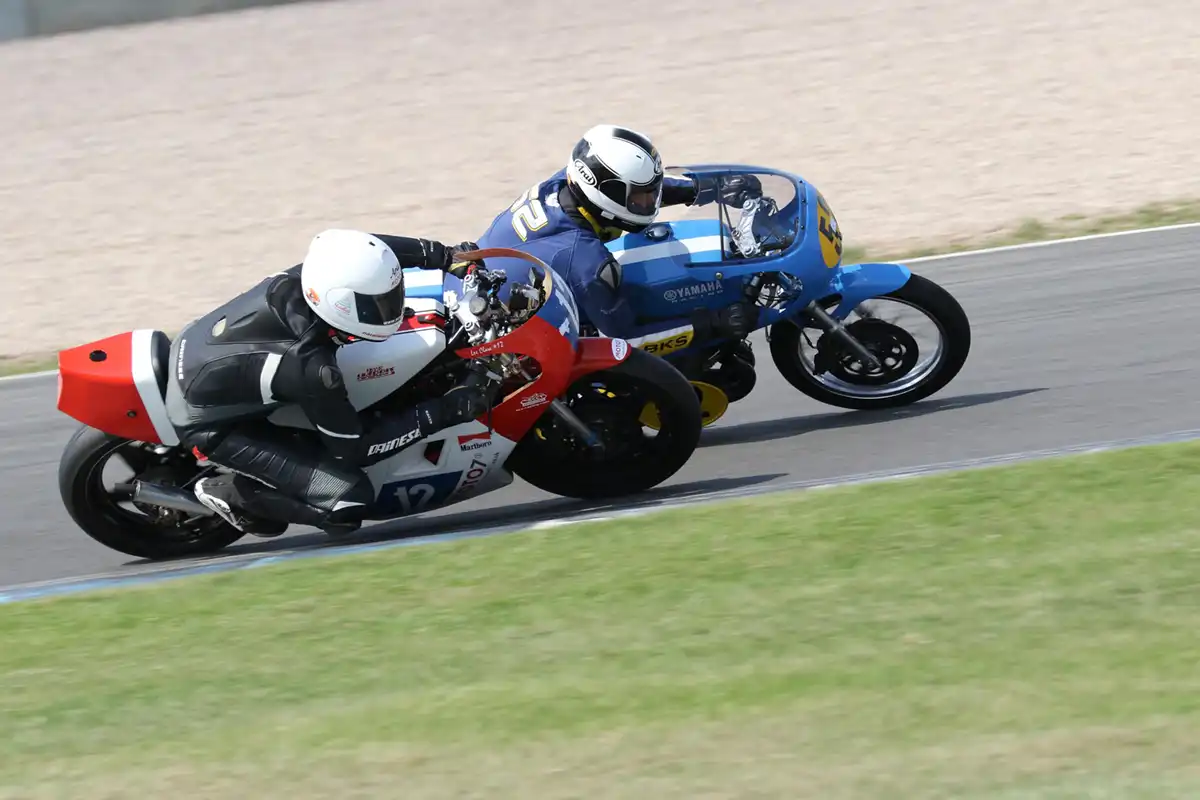Motorcycle racing, a sport that has always thrived on speed, technology, and a certain amount of madness, always raises the same question: Which two-wheeler has actually won the most championships? A seemingly simple question, but one that, upon closer inspection, proves to be truly complex when you consider the countless legends, curiosities, and technical milestones that have become etched in history. Incidentally, anyone who wants to not just passively follow such records but actively bet on them will find a very practical tool in the sportwetten schweiz app, which we certainly don't want to leave unmentioned at this point.
The search for the most dominant machine inevitably leads back to the 1950s and 1960s, an era when names like MV Agusta and Honda dominated the scene in a way that still inspires respect today. It's remarkable how individual models not only won races back then, but also defined entire eras, something that certainly cannot be emphasized enough.
A look back: The art of engineering
MV Agusta, this name alone elicits a murmur of awe from online sports betting connoisseurs, and not without reason. Between 1958 and 1974, the Italian manufacturer secured a total of 37 world championship titles, a number that seems simply absurd even in the context of modern high technology, yet is meticulously documented. The brand's 500cc models dominated the premier class with a mixture of precision, robustness, and an almost bureaucratic obsession with detail that left every competitor in the dust. Every component, every curve, every choice of material was meticulously considered, an approach that proved ingenious in some ways, even if one could argue today whether this was due solely to technology or a dose of luck.
Die Marke Honda hingegen, die ab den 1960ern die Bühne betrat, revolutionierte den Sport mit Innovationen wie quer eingebauten Vierzylindern, wobei ihre RC181 von 1966 bis heute als Ikone gilt, auch wenn sie quantitativ nicht an die europäischen Konkurrenten heranreichte. Interessanterweise, und dies sei hier angemerkt, liegt die wahre Größe solcher Maschinen ja oft weniger in der reinen Titelanzahl als in ihrem Einfluss auf die technische Evolution, ein Faktor, der gerne übersehen wird. All diese Dinge findet man übrigens auch im Sportwetten App Schweiz. Wer sich übrigens für offizielle Statistiken und historische Dokumente interessiert, diese sind im Netz recht einfach zu finden.
Vom Zweitakter zur Elektronik: Die unsichtbaren Triebkräfte des Erfolgs
Betting apps of all kinds offer answers to the question: What makes a motorcycle a serial winner is ultimately a mixture of engineering, tactics, and that unpredictable element of chance that makes the sport so appealing. Take the Yamaha YZR500 of the 1990s, whose two-stroke engine was not only loud but also notoriously unpredictable, demanding everything from riders like Wayne Rainey. Yet, despite this, or perhaps because of it, it won seven titles between 1992 and 2002. A feat that could certainly be described as impressive, even though the era of two-strokes is long gone, which again demonstrates how quickly paradigms shift.
Today, it is names like Ducati or KTM that score points with high-tech developments and aggressive strategies, although interestingly, no current machine can match the endurance of the old legends, for reasons that one could speculate about, but which probably lie in the modern rules and homogeneous technical development.
And this, dear readers, is where the fascination of the unpredictable comes into play, the element that makes betting so exciting. On Sportwetten.TV you'll find not only analyses, but also real-time data and historical comparisons that enable an informed decision, which we, of course, don't want to leave unmentioned, if only for the sake of completeness.
Conclusion: The art of defining dominance
In the end, it remains to be said that the search for the "most dominant motorcycle" is ultimately an exercise in changing perspectives, a kind of sports-philosophical puzzle in which numbers may provide compelling arguments but do not tell the whole story. MV Agusta, with its 37 titles between 1958 and 1974, may be quantitatively unchallenged, but true glory, one could argue, often lies in the fine print, in those technical leaps or tactical masterpieces that no trophy reflects. It is quite possible that a machine like Honda's RC181, which won only a few titles but ushered in the era of four-stroke engines, changed more in the long run than many a series winner, a thought that underscores the relativity of dominance.
Interestingly, a paradox emerges here: the stricter the regulations, the more homogeneous the technology, the harder it is for individuals to stand out. In the 1970s, when the rules still allowed for experimentation, machines were created that are now considered the epitome of innovation, while modern engines, despite all their electronics, are often perceived as interchangeable. This is not the fault of the manufacturers, of course, but rather the result of a system that prioritizes safety over originality, which is certainly regrettable, but also understandable.
In summary: Dominance is a chameleon term. Sometimes it manifests itself in titles, sometimes in technical revolutions, sometimes in the collective memory of fans. MV Agusta has undoubtedly set standards, but the question of which motorcycle is "the best" ultimately remains one that everyone has to answer for themselves, based on numbers, emotions, or that spark of nostalgia that makes us stream old races and marvel at yellowed photos. And that, dear readers, is precisely the beauty of it: that the debate can never truly be closed, but continually reveals new facets, sometimes technical, sometimes historical, sometimes simply human. We'll stay tuned, and we hope you will too, of course.





